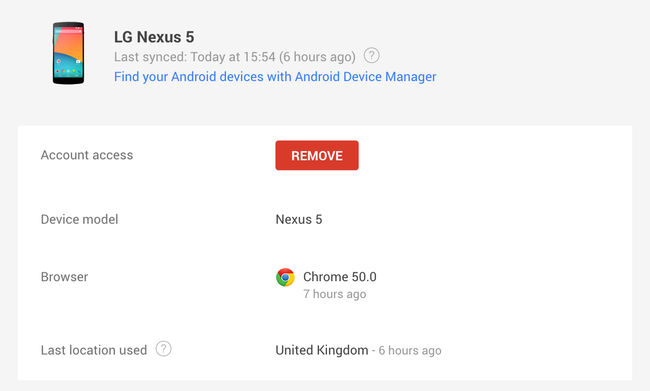Is ReactJS A Worthwhile Addition To An ASP.NET MVC Application?
![]() I've been meddling around with ReactJS over the last week or so, seeing if this is something viable to use for future client projects. I am always constantly on the lookout to whether there are better alternatives on how my fellow developers and I develop our sites.
I've been meddling around with ReactJS over the last week or so, seeing if this is something viable to use for future client projects. I am always constantly on the lookout to whether there are better alternatives on how my fellow developers and I develop our sites.
Throughout the sample applications I've been building, I constantly asked myself one question: Why Would I Use ReactJS In My Day To Day Development? I am ASP.NET developer who build websites either using Web Forms or MVC Razor. So I am finding it difficult to comprehend whether using ReactJS is viable in these frameworks, especially MVC.
ReactJS is primarily a view framework where you have the ability to write component-based web applications directly into your JavaScript that then gets output to the DOM virtually - making for a very fast and responsive webpage. It's a different approach to developing websites that I quite like. But for the moment, I just don't see how it can benefit me when the full MVC framework does a pretty good job with all the bells and whistles.
For example, I segregate all my key HTML markup into partial views in order to increase re-use throughout my web application, which works really well when making AJAX calls where the markup needs to be displayed on the page asynchronously as well as server-side. I can just see by implementing ReactJS, I will be duplicating this process at JavaScript and CSHTML level if a markup change ever needed to be made. If partial views does the job effectively, I'm not too sure the need for ReactJS in my future ASP.NET MVC creations.
Don't get me wrong - I really like ReactJS. It makes writing JavaScript an even more enjoyable experience purely due to the JSX syntax. Long gone are the days where you have to concatenate strings to form HTML. More importantly, it's readable and truly scalable.
Unfortunately, it doesn't look like ReactJS is a viable option for me at this moment in time. I can see how it would be a very useful framework for building web applications where there is a requirement for the view to be created strictly client-side along with heavy use of AJAX calls from an API layer to serve data to your application. But in situations where you have two frameworks that provide the ability to create views, in this case ReactJS and ASP.NET MVC, it doesn't make sense.
I could be talking absolute nonsense and missing the whole point. If this is the case (most likely!), please leave a comment.




